I’m not long back from an exorcism course in Rome, which was filled with good content. But I have a love-hate relationship with Rome. I love its history, and its beautiful churches, and its food. And yet there’s an oppressive spirit about Rome which I hate. That spirit was typified in two unfortunate incidents which marred an otherwise excellent conference:
Item 1: A cardinal was invited to speak at our conference. For 15 minutes, he spoke about the reality of the devil, and the gravity of spiritual warfare, and the importance of prayer and fasting. The content, in fact, was quite good. The speaker however . . . This cardinal is notorious for his sordid double life. It’s alleged that Vatican Police once caught him at a drug-fuelled orgy, but he was whisked away before Italian Police were called — because he’s a cardinal. I asked one of the Aussie priests in Rome why this guy was invited to speak at the conference. His answer dismayed me: “You have to understand, this exorcism course is the laughing stock of Rome. The pope takes this stuff seriously, but many others don’t. Having a cardinal lends the conference respectability — and any cardinal will do. Bella figura!”
Item 2: During one of the Q&A sessions, a Hong Kong psychiatrist — an English-speaker — raised a really interesting question. She described a disease which was only discovered 10 years ago: Anti-NMDA receptor encephalitis. Its symptoms closely resemble several other disorders, including schizophrenia, psychosis, and demonic possession. This psychiatrist wanted to know if Italian exorcists were familiar with the condition, and how their diagnostic criteria might navigate such cases. It was a long question, because it demanded detail. When she concluded, the Italian translator declared that the question was too long to translate, everyone had a good old laugh, and they moved right along. I was furious! Was the question — an important question — ignored because it was asked by an Asian? Or because it was asked by a woman? Or was it both?
These lowlights, it seems to me, are typical of two big errors which afflict the Catholic Church. The Church I love by the way. I believe in, and I love, one, holy, catholic, apostolic Church, “in spite of everything,” as St Josemaría famously remarked.
So what’s my problem? In the first instance, we have important churchmen — the pope’s own collaborators — who laugh at the suggestion that demons exist. I imagine they’re sceptical of miracles too, and the communion of saints. They don’t believe anymore. They’ve lost their faith — or at least, they’ve lost their supernatural outlook. Often, too, they’ve lost their moral integrity. But they hide all that under an outward gloss of Catholicism — the rituals and the clothes and what Romans call “bella figura!” As long as it’s beautiful on the outside, it’s all good. In a scriptural context, we know this by a different name. It’s the Pharisaical Spirit — a religious hypocrisy which made Jesus’ blood boil. It still afflicts God’s People today.
In the second instance, we have the best the world has to offer — advances in medical science, and models of best practice, and collaboration between faith and reason — but so often it’s ignored or minimalised because it comes from outside. I call this the Levitical Spirit — a closed-mindedness which hardened the hearts of the priests of our Lord’s day, who should not only have recognised Jesus, but also become his greatest disciples.
As always, the longer I was in Rome the more discouraged I became. When I visit Rome, I’m reminded that we must pray for the pope and his collaborators constantly, because they’re under spiritual attack constantly. This Church we love is very badly afflicted.
But then I went to Assisi, which is an antidote to Rome. Assisi is my favourite place on Earth. We were only there for one night, but I spent many hours of prayer before the tomb of St Francis, and before the Cross of San Damiano — the crucifix which famously repeated, three times: “Francis, go and repair my church which, as you see, is all in ruins!”
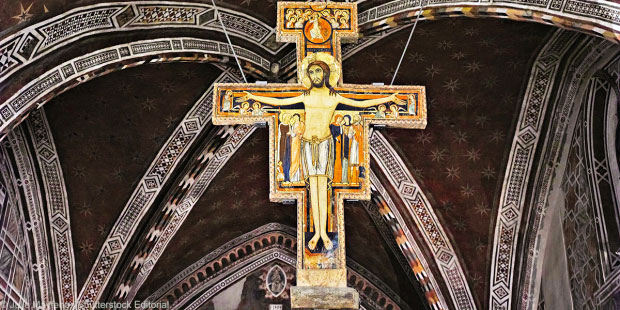
“Francis, go and repair my church which, as you see, is all in ruins!”
Our Lord says as much to us. To you and me. “Go and repair my church — which as you see, is all in ruins!”
Which brings me here, to Koroit and Port Fairy. This is a new chapter for me; a new assignment. And it’s a new chapter too in the history of Koroit and Port Fairy, which for the first time in over a century, doesn’t have a parish priest in residence. As we begin this chapter, I’m mindful of this sage advice: “Leaders of a church will either be risk takers, or care takers, or undertakers.” I want to be a risk taker. I want to see our parishes grow.
It’s easy to imagine that by 2030, there is no priest resident at all in Port Fairy or Koroit. The nearest priest lives in Warrnambool — and he is parish priest of the whole region. He is responsible for five churches; five distinct communities. But imagine, too, that those communities are flourishing. Sunday Mass attendance is increasing. The congregation’s average age is decreasing. Parishioners are emboldened to invite friends and colleagues — some of whom come back next week, because the life of the community meets a spiritual need, and through the life of the community, almost by stealth, they will eventually encounter our Lord himself — whom you and I know and love already. This is not a pipe dream by the way. This has happened in other parishes, in parts of the world similar to our own, in the last few years.
We’ll rebuild, like Francis rebuilt. We’ll build like the Apostles built, 2,000 years ago. And I mean we’ll build, not wreck. I would never repudiate the work of the good people who have gone before us. We don’t undo their good work; we consolidate it. And notice I said, “we?” If you were hoping for a well-rounded priest who can do it all, I’ll disappoint you. Actually, I suspect there’s no such thing as a well-rounded person. It’s a myth. We are all imbalanced. But there is such a thing as a well-rounded team. So it’s you and I together who will rebuild our church.
Why am I so sure? Because we have the best teacher. It’s promised in today’s Gospel:
The Advocate, the Holy Spirit,
whom the Father will send in my name,
will teach you everything.
God will work in us, and through us. When we become instruments of the Holy Spirit — docile, humble, risk-taking — great things happen. The Lord is faithful. One spiritual author has suggested that if our vision is not so big that it scares the living daylight out of us, it may be insulting to God! Another has said unless our vision stretches beyond what we are capable of, we risk being unfaithful. Faith requires that we trust totally in God. But so often, our planning is restricted to what we think is safe and possible. That sort of planning doesn’t require faith at all — we’re just trusting in our own strengths and resources.
So let’s dream big. And let’s take to heart Jesus’ instruction:
Do not let your hearts be troubled or afraid.
Trust in God still; and trust in me.

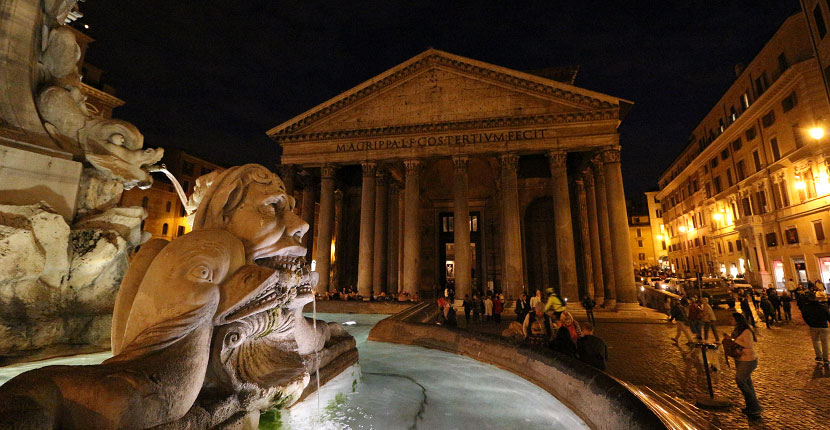
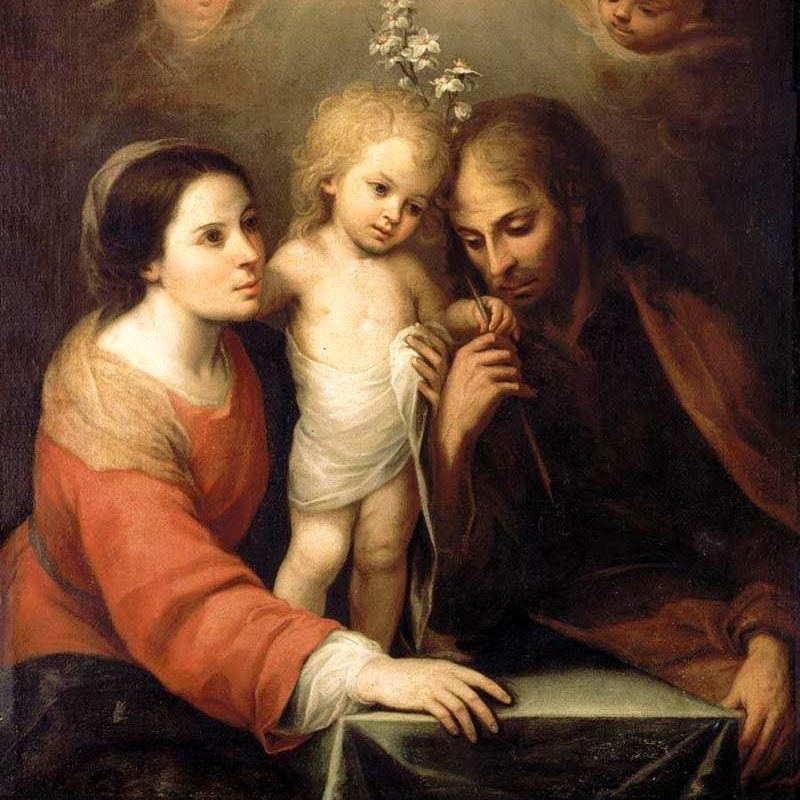
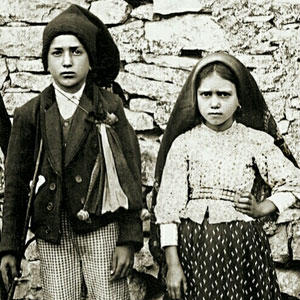
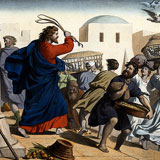

I was just wondering how safe is it to have an integrated healing (IH)/ balancing? IH is holistic energetic healing premised on various different modalities such as psychology, NLP, aculight, kinesiology etc. I’m guessing this is similar to an intuitive healing but prior to the session, the practitioner would invoke divine protection for both client and practitioner. My question is, as a Catholic is this wrong ?
Thank you Father. Sent this to two other priest here in the States and a long list of Catholic friends too.
Fr. John: Pope Frances proclaimed that the “EUCHARIST is the source and summit of Christian life.”” Regarding Bible Scripture – 1 Corinthians 11:27-32 -“Examining & Recognizing”- (verse 30 – “That is why many of you are sick and weak, and several have died.”) Could this be a faith problem in the Catholic Church causing such turmoil??? God Bless in your exoorcism ministry.
Thank you Father!
Your honest article is a reminder for us all to be genuine and sincere in our faith – deceit lies in all of us to varying degrees as we are all afflicted by dullness of intellect and weakness of will – and yet, where sin abounds His grace abounds the more. And all He needs from us is a mustard seed sized faith. Truly God is merciful!
Dear Father,
May you please send me the names of priests in Australia who are trained in exorcism and their contact details as I need their help.
Continue to have faith and God bless